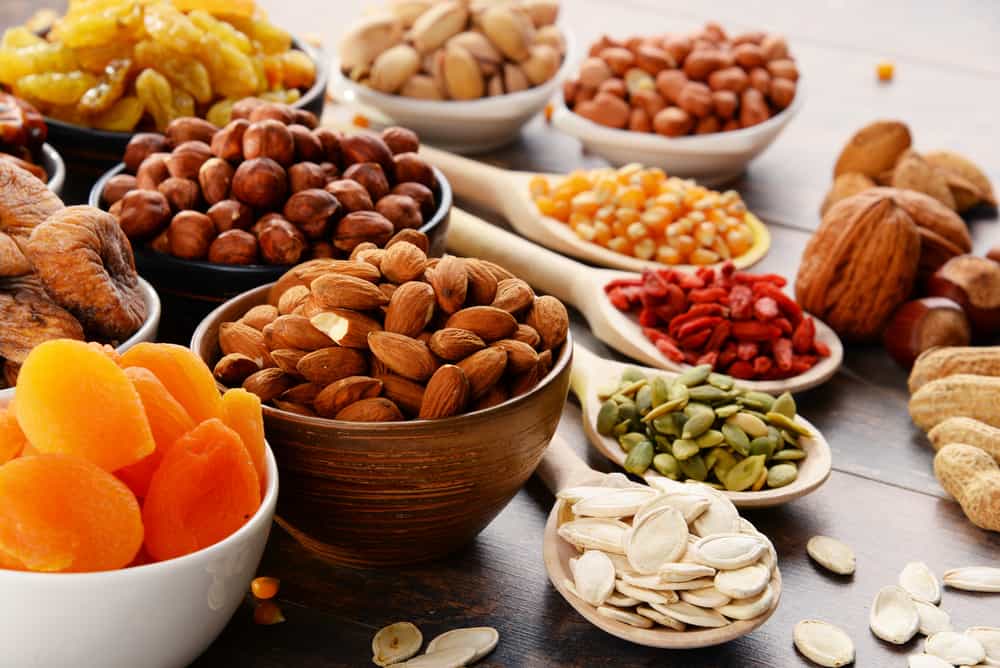Diverticulitis, a condition characterized by inflammation or infection of small pouches called diverticula that can form in your digestive tract, can be both painful and disruptive to daily life. Managing this condition often involves a combination of medication and a tailored diet designed to minimize symptoms and prevent flare-ups. While individual tolerance can vary, there are certain foods known to exacerbate symptoms or increase the risk of complications.
In this comprehensive guide, we’ll explore 12 foods you might consider avoiding to manage diverticulitis effectively. Our goal is to provide you with information that’s not only backed by medical insights but also easy to understand and empathetic to your condition, ensuring you can make informed decisions about your diet and health.
1. Nuts and Seeds

Nuts and seeds have long been on the list of foods to avoid for those with diverticulitis, based on the assumption that their small, hard particles could lodge in the diverticula and cause irritation or infection. However, recent studies have begun to challenge this traditional advice, suggesting that nuts and seeds may not pose the risk once believed. In fact, these foods are rich in fiber and nutrients, offering significant health benefits that could potentially support digestive health. It’s important for individuals with diverticulitis to consider these findings and observe their own body’s reaction to nuts and seeds, as personal tolerance can vary widely.
Despite this evolving perspective, some patients may still experience discomfort or flare-ups after consuming nuts and seeds. This variability underscores the importance of a personalized approach to diet management in diverticulitis care. If you find that eating nuts and seeds worsens your symptoms, it may be prudent to avoid them. Consulting with a healthcare professional can provide guidance tailored to your specific situation, helping to determine whether these foods should be included in your diet.
For those who can tolerate nuts and seeds without adverse effects, incorporating them into a balanced diet can contribute to overall nutrition and wellness. They are excellent sources of healthy fats, proteins, and other nutrients that play a crucial role in maintaining good health. As research continues to evolve, the key is to stay informed and make dietary choices that best support your individual health needs, particularly when managing a condition as complex as diverticulitis.
© Copyright 2025 by Thelifetoday. All Rights Reserved.
